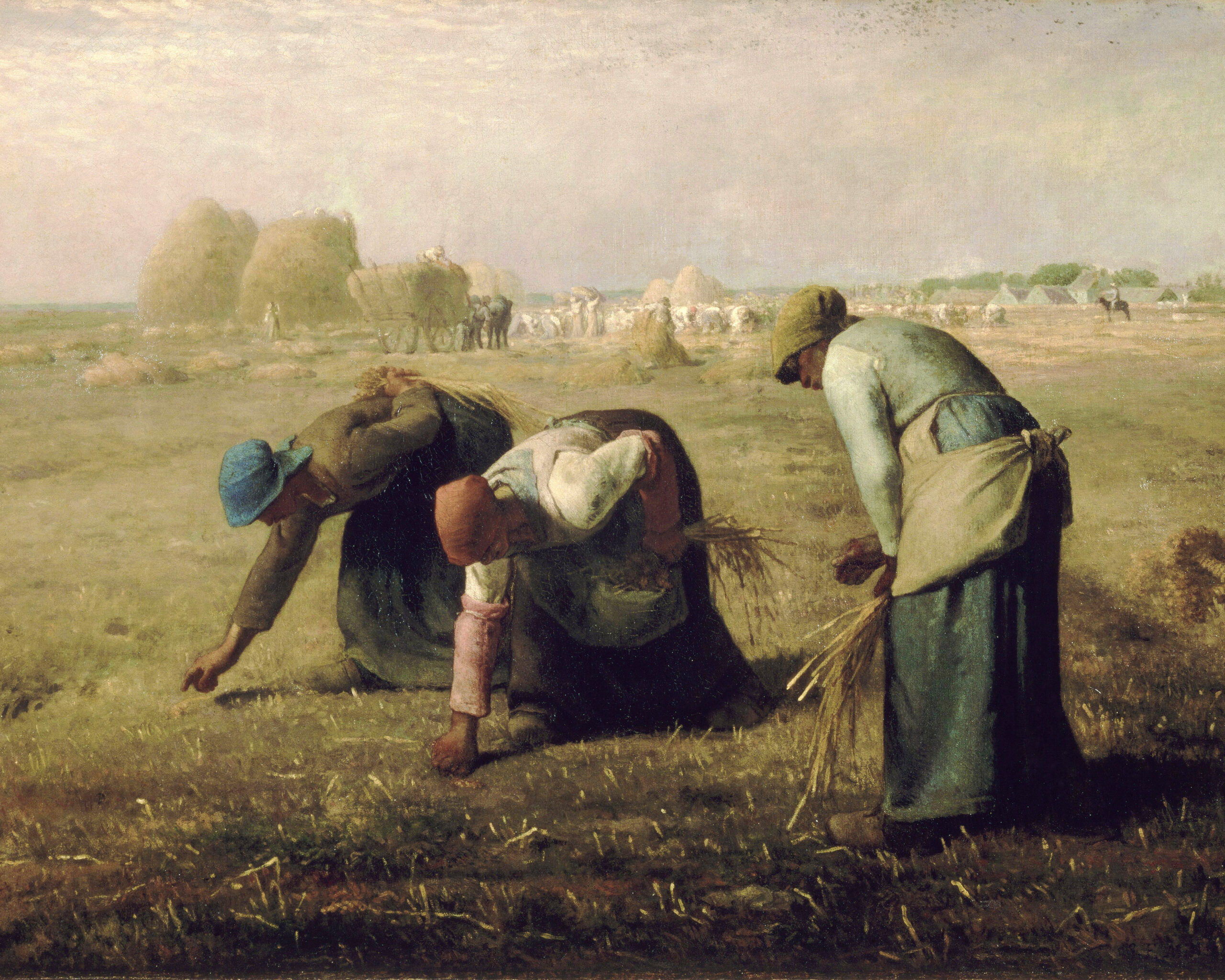There are two kinds of lukewarmness: one which can be avoided, and the other which cannot be avoided. Unavoidable tepidity is that which in the present life is endured even by fervent souls because, through natural weakness, they cannot avoid falling from time to time into some slight fault, but without full consent.
From such defects, no one, because of the corruption of our nature through Original Sin, is free, without a most special grace, which was granted to no one but the Mother of God. God Himself permits these imperfections in His Saints in order to keep them humble. Often they find themselves without fervor, full of weariness and disgust in their devout exercises; and at such times of dryness they are more apt to fall into many defects, at least without deliberation.
For the rest, let not those who find themselves in this condition leave off their usual devotions, nor lose courage, nor believe that they have fallen into lukewarmness, for this is not lukewarmness. Let them go on with their accustomed exercises, let them detest their defects, let them often renew their resolution of giving themselves wholly to God, and let them have confidence in Him, for He will console them.
There is true and deplorable lukewarmness when the soul falls into venial sins which are quite voluntary and grieves but little for them and takes even less care to avoid them, saying that they are trifles of no consequence. What! Is it nothing to displease God?
St. Teresa used to say to her nuns: “My daughters, may God preserve you from willful sins, however small.” Some people say: “But such sins do not deprive us of the grace of God.” He who says this is in great danger of seeing himself one day deprived of divine grace and in a state of mortal sin.
St. Gregory writes that whoever falls into deliberate venial sins habitually, without feeling pain at it and without thinking of correcting himself, does not remain where he is, but will go on and fall down a precipice. [i.e., into mortal sin]. “The soul never stays on the spot where it falls.”
Mortal diseases do not always spring from serious disorders, but often from many slight disorders of long continuance; and thus the fall of certain souls into a state of sin is often to be attributed to the repetition of venial sins, which make the soul so weak, that when attacked by any violent temptation, it has no strength to resist and therefore falls. “He that contemneth [shows contempt for] small things shall fall by little and little.” (Ecclesiasticus 19:1). He that makes no account of trifling falls, will one day find himself down a precipice [i.e., in mortal sin].
Our Lord said: “Because thou art lukewarm, I will begin to vomit thee out of My mouth.” (Apocalypse 3:16). This signifies that the soul will be abandoned by God, or at least deprived of those special divine aids which are necessary to preserve us in the state of grace. Let us understand well this point: The Council of Trent condemns those who say that we can persevere in grace without a special help from God: “If any one shall say that a man who is justified . . . can persevere in the justice he has received without the special help of God, . . . let him be anathema.” (Council of Trent, Session 6, Canon 22).
Therefore, we cannot persevere in grace without a special extraordinary help from God; but this special help God will justly refuse to one who makes no account of committing many venial sins with his eyes open. Is God bound to give this special help to one who does not abstain from willfully causing Him continual displeasure? “He who soweth sparingly, shall also reap sparingly.” (2 Corinthians 9:6).
If we are stingy with God, how can we hope that God will be generous towards us? Miserable is that soul which makes peace with sins, even when venial! He will go from bad to worse; for his passions, ever gaining ground upon him, will easily blind him; and when a man is blind, it is easy for him to find himself fallen down a precipice [into mortal sin] when least he expects it.
Let us fear to fall into voluntary tepidity, for it is like hectic fever [consumption, i.e., tuberculosis], which does not cause much alarm, but is so malignant that with great difficulty is anyone cured of it. For the rest, though it is very difficult for a lukewarm person to amend, yet there are remedies, if only he is resolved to amend.
The remedies are: 1) a resolution to escape at all costs from this miserable state; 2) to remove the occasion of falling, without which there is no hope of amendment; and 3) frequently to recommend himself to God with fervent prayer, that He would give him strength to come out of this deplorable condition and not to cease praying until he finds himself delivered from it.
O Lord, have mercy on me. I see that I deserve to be cast forth by Thee for so many defects with which I serve Thee. Miserable that I am, it is for this reason I find myself without love, without confidence and without good desires. O my Jesus, abandon me not; stretch forth Thy powerful hand and draw me out of this depth of lukewarmness in which I see myself fallen. Grant this through the merits of Thy Passion, in which I place my confidence. O holy Virgin, pray to Jesus for me.
This article is taken from a chapter in Attaining Salvation by St. Alphonsus Liguori, which is available from TAN Books.









